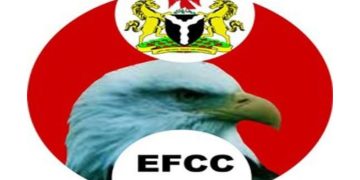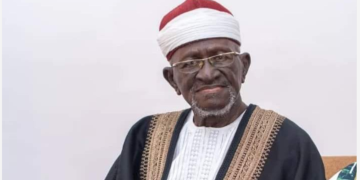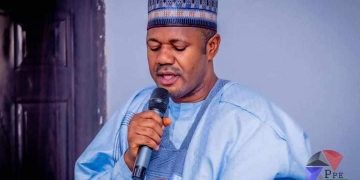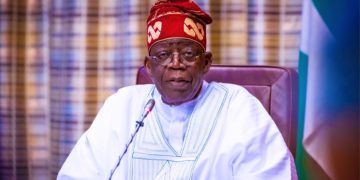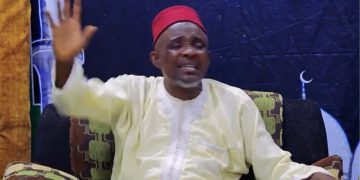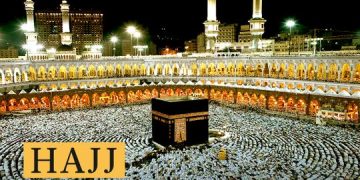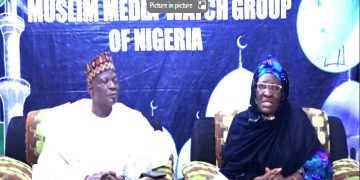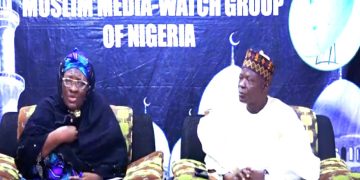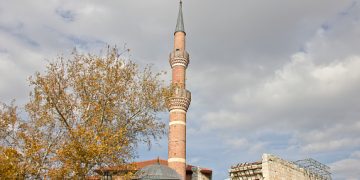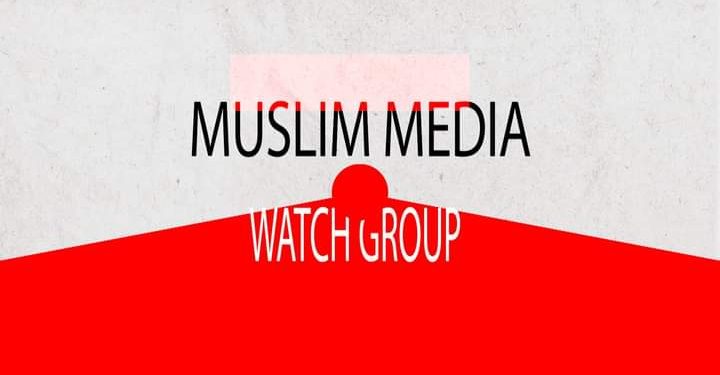BY
ABDULRAZZAQ IBRAHIM SALMAN
EXECUTIVE DIRECTOR,
WORLD MUSLIM CONGRESS
In the tapestry of global affairs, there exists a poignant thread of injustice that weaves through the ongoing Israel/Palestine conflict. Today, as we navigate a world that should be characterized by compassion and justice, I, like many others, find myself compelled to address this enduring crisis. This plea stems not only from my personal convictions but from a collective yearning for a world where the principles of humanity triumph over discord.
The historical narrative reveals a painful chapter—the annexation of Palestinian lands by the Zionist-led Israeli government, invoking ancient promises as justification. This transgression surpasses religious boundaries, impacting Muslims, Christians, and Jews alike in Palestine, eroding the fundamental principles of coexistence and respect.
Our call for justice draws inspiration from the timeless wisdom of the Holy Quran, emphasizing principles of justice, compassion, and the unity of believers. Islam, as we understand it, is a beacon of choice and respect, affirming that the dignity and rights of every individual are intrinsic to our shared humanity.
The toll on human lives in Palestine is staggering. Innocent lives, including children, women, and the elderly, bear the weight of a conflict that demands immediate global attention. Humanitarian corridors stand blocked, hospitals lie in ruins, and essential infrastructure crumbles, creating an untenable reality for the people of Palestine.
Our plea extends beyond religious confines, recognizing shared principles of peace, justice, and compassion in Islam, Christianity, and Judaism. This is a call for unity among people of faith, urging them to converge on a resolution that respects the dignity and rights of every individual, irrespective of religious background.
Proposed economic measures, including a halt to all trades with Israel, are not a bid to cripple economies but a resolute stand for justice and human rights. It is a recognition that ethical considerations must transcend economic gains.
We implore the Nigerian government and ECOWAS nations to stand against the oppressive Zionist regime. President Bola Ahmed Tinubu is urged to spearhead regional efforts, diplomatically pressuring for dialogue and the return of annexed lands to Palestine.
Reflecting on historical events like NATO’s bombing of Libya and the aftermath of Saddam Hussein’s demise, we are reminded of the profound consequences of silence. The international community must not be complicit in repeating these mistakes. Today, as we bear witness to the regrettable destruction in Syria, we cannot afford indifference.
In addition to economic measures, we advocate for cultural and academic exchanges aimed at fostering mutual understanding. Open dialogue can bridge the gaps that fuel this conflict, providing a platform for people on all sides to express their grievances and aspirations.
Furthermore, we call on the international community to reassess its stance on the conflict. The United Nations and influential nations must take decisive action, not only in condemning the atrocities but also in actively working towards a sustainable resolution. Global leaders should leverage diplomatic channels to bring all parties to the negotiating table.
It is essential to emphasize that our plea is not for the dissolution of the State of Israel but for the recognition of Palestine as an independent nation with Jerusalem as its capital. We echo the sentiments of those who resist the oppressive regime, understanding their desperation after years of persecution.
In conclusion, this is a plea for justice, empathy, and the restoration of humanity. As individuals, as nations, and as a global community, we cannot afford to remain silent in the face of ongoing human suffering. It is time to stand united for a just and lasting resolution to the Israel/Palestine conflict.
- Mallam Abdulrazzaq Ibrahim Salman
[Executive Director of the World Muslim Congress]
[President of Abibakr As-Sidiq Philanthropic Home]
[Member of the International Union of Muslim Scholars]












